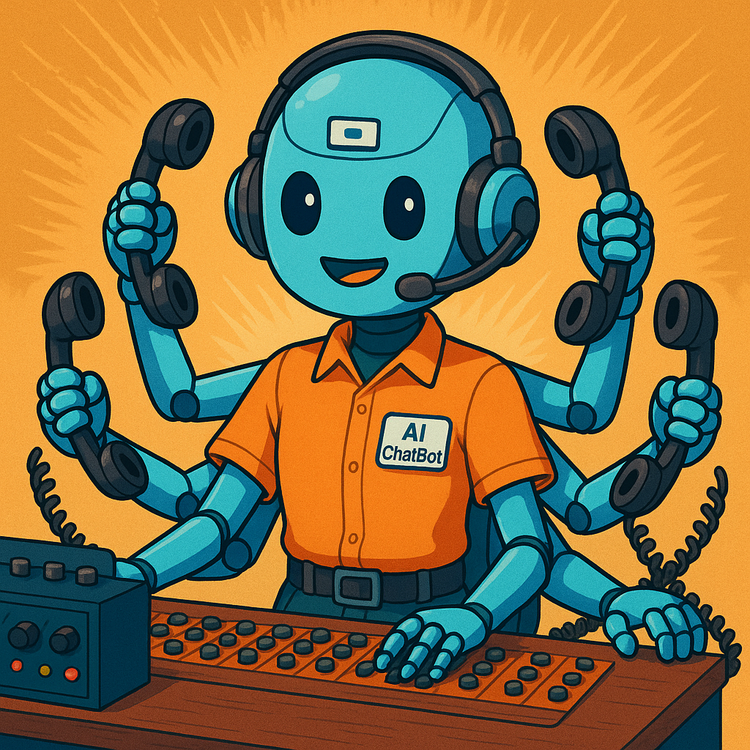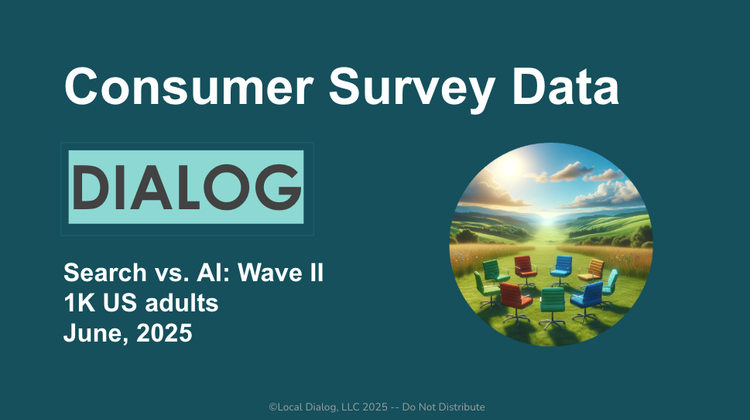How Daisy Is Using AI to Make Its Franchise Business Bloom

At Dialog we talk a good deal about how a new generation of AI-first companies will be transformative and disruptive of existing players in the market. One such company is Daisy, a new provider in the smart-home technology integration segment.
We recently spoke with Emily Small, Daisy's VP of Technology, who told us that custom/smart home integration is worth more than $30 billion annually in the US. What is the home integrator market? It sits at the intersection of high-end residential security, home theater and entertainment systems, lighting and climate management. There's a ton of value in making these disparate systems “talk to each other.” And Daisy is positioning itself as an “AI-driven company transforming the custom home integrator market."
Consolidating a Fragmented Market
Small explained that the industry today is highly fragmented. She points out, "It's spread out through tens of thousands of [small providers] ... all averaging a couple million dollars a year in revenue." Daisy’s mission is to consolidate the market through acquisitions, aiming for 10% of the market – and $1 billion in revenue – within ten years. The company also has a franchising model.
One significant issue – and differentiator – Daisy is taking on is the lack of post-purchase support for the homeowner who installs these high-end systems. Because most undercapitalized small integrators focus on new installations (acquisition rather than retention), they end up failing on customer service and maintenance.
Small explained, "The typical home integrator today is struggling; they don't do service calls, and you've got a lot of frustrated homeowners going 'What do we do?'" Daisy fills this gap with its "Daisy Care" program, providing ongoing support and thus expanding the business model for integrators to include service and maintenance.
Overcoming Operational Challenges with AI
Daisy is also utilizing AI to address the operational challenges faced by these small businesses. Many integrators run their business on outdated tools or even spreadsheets, lacking insight into key performance indicators, such as costs and profitability. "They have no idea how successful any of their projects are," she explained. Daisy aims to change this by implementing enterprise-grade systems that offer a range of critical business insights and AI-driven solutions to improve efficiency, marketing and customer service.
An essential aspect of Daisy’s model is the what they call the "Bloom Technology Network" – a platform that integrates AI to streamline operations for Daisy franchisees. As Small describes it, “The Bloom technology stack has a very, very strong strategy statement. And its backbone is enterprise-based SaaS.” Franchisees are required to use this system to ensure consistency and efficiency. The network offers tools that help franchisees manage proposals, customer data and projects, allowing for smooth transitions from installation to support.
Already Nearing $100M ARR
As mentioned, Daisy’s strategy involves acquisitions. The goal is to grow rapidly through both acquisitions and franchising, leveraging AI to scale operations. Small highlighted that the company may top $100 million in revenue in the relatively near future. And AI will play a crucial role in that growth. She explains it's helping reduce human error, improve efficiency and deliver real-time insights. It is also being utilized for recruiting and training technicians, the scarcest resource of all. Small explained, “AI is doing all of that; it's making that possible.”
Although there's a mix of new and existing software in the stack, she made it clear that she couldn't imagine building out the Bloom Technology Platform in a pre-AI world. And she's excited about the opportunity AI offers to free local operators from often error-ridden mundane tasks to deliver a great installation and service experience.
New Tools, New Capabilities
Daisy's customer base is a discerning and demanding group: affluent homeowners who need to integrate entertainment, security and climate systems. To grow the business, Daisy is using an existing playbook: acquisitions and franchising. But to better acquire and service these customers, Daisy has turned to AI, which enables the company to operate in entirely new ways and transform the experience both for customers and the local service providers themselves.
This is just one of many examples of how AI is starting to impact local businesses and the local market as a whole.





